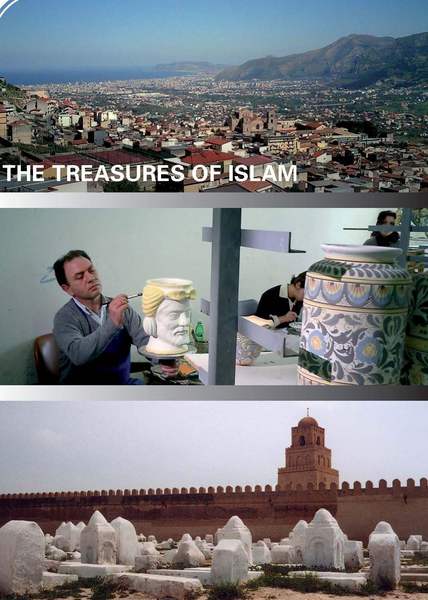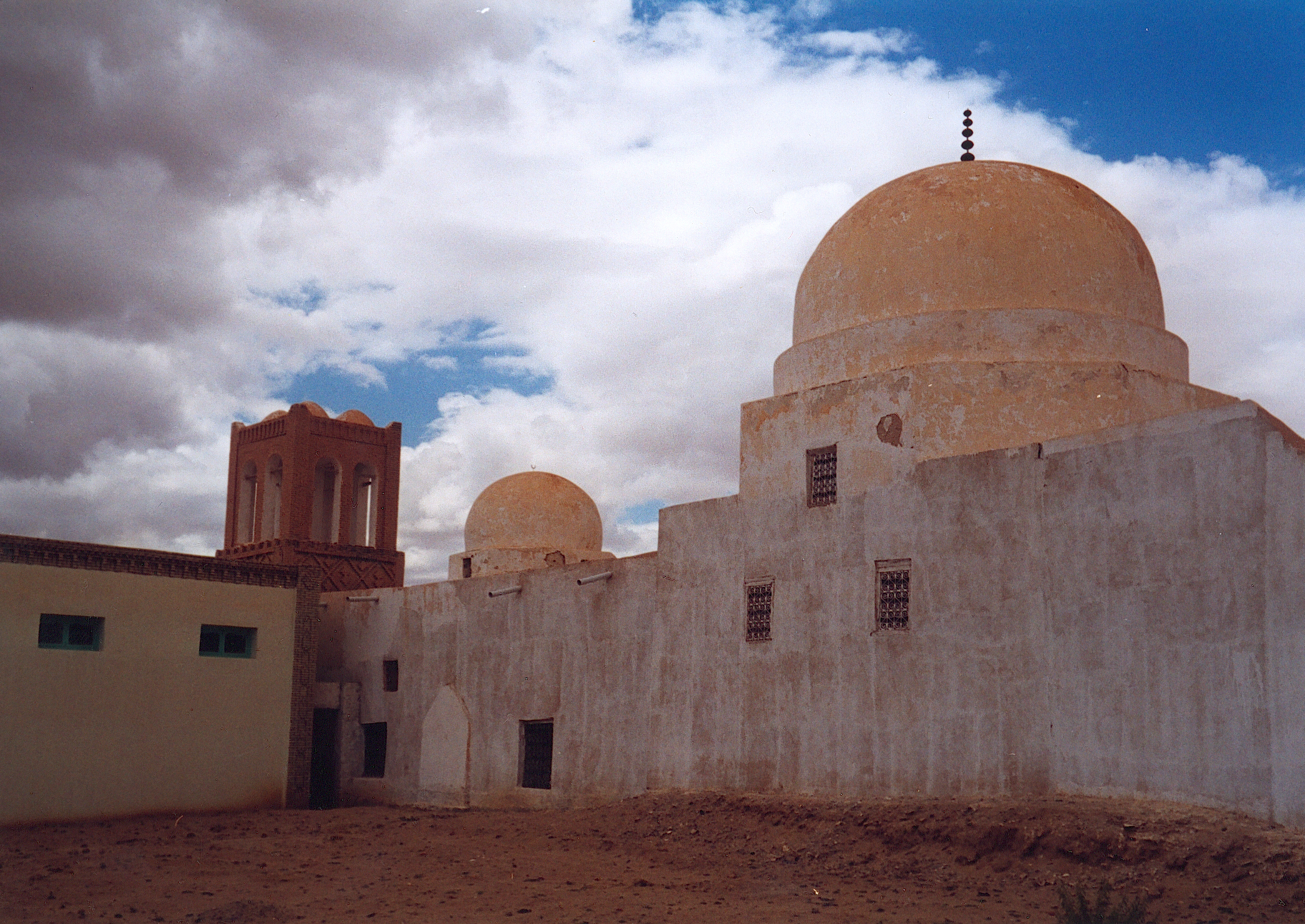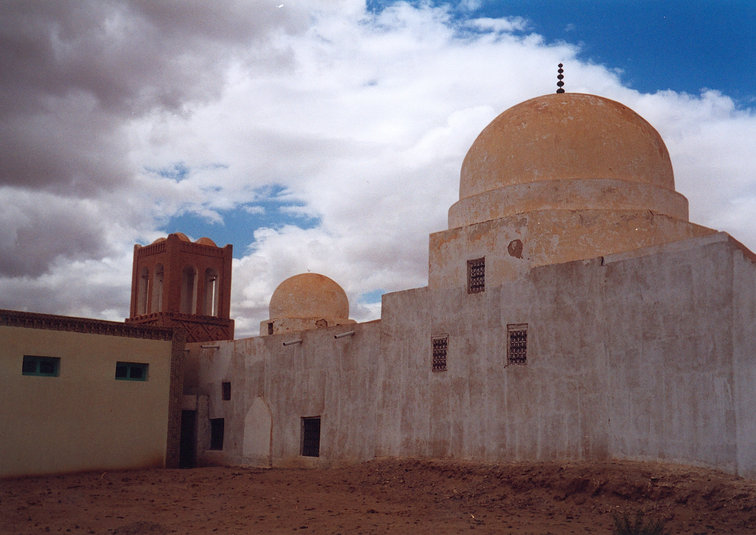- Current Line-Up
- Comedy
- Animation
- Documentary
- Drama
- Family Entertainment
- Thriller
- Upcoming
- Festival-Highlights
- Factual Entertainment
- Family Entertainment
- Fiction
- Lifestyle
- Scripted Reality
- Show
- Current Affairs
- Culture/Travel
- Docudrama
- HD Content
- Health/Food
- History
- Human Interest
- Market Premiere
- Nature/Wildlife
- Portrait
- Religion
- Science
- Market Premiere
- Series
- Action/Adventure
- Thriller/Crime
- Drama
- Mini Series
- Event Movie
- Comedy
- Romance
- Family Entertainment
- Animation
- Movie Collection
- Feature Film
- HD Content
- Fiction English
- Feature Classic
- No linguistic content
- Common
- German
- English
- French
- Spanish
- Italian
- Turkish
- All
- Abkhazian
- Achinese
- Acoli
- Adangme
- Adygei
- Adyghe
- Afar
- Afrihili
- Afrikaans
- Afro-Asiatic (Other)
- Ainu
- Akan
- Akkadian
- Albanian
- Alemannic
- Aleut
- Algonquian languages
- Altaic (Other)
- Amharic
- Angika
- Apache languages
- Arabic
- Aragonese
- Arapaho
- Arawak
- Armenian
- Aromanian
- Artificial (Other)
- Arumanian
- Assamese
- Asturian
- Athapascan languages
- Australian languages
- Austronesian (Other)
- Avaric
- Avestan
- Awadhi
- Aymara
- Azerbaijani
- Bable
- Balinese
- Baltic (Other)
- Baluchi
- Bambara
- Bamileke languages
- Banda languages
- Bantu (Other)
- Basa
- Bashkir
- Basque
- Batak languages
- Beja
- Belarusian
- Bemba
- Bengali
- Berber (Other)
- Bhojpuri
- Bihari
- Bikol
- Bilin/Blin
- Bini/Edo
- Bislama
- Blin
- Bokmål, Norwegian
- Bosnian
- Braj
- Breton
- Buginese
- Bulgarian
- Buriat
- Burmese
- Caddo
- Cantonese
- Catalan
- Caucasian (Other)
- Cebuano
- Celtic (Other)
- Central American Indian (Other)
- Chagatai
- Chamic languages
- Chamorro
- Chechen
- Cherokee
- Chewa
- Cheyenne
- Chibcha
- Chichewa
- Chinese
- Chinook jargon
- Chipewyan
- Choctaw
- Chuang
- Church Slavic
- Church Slavonic
- Chuukese
- Chuvash
- Classical Nepal Bhasa
- Classical Newari
- Classical Syriac
- Cook Islands Maori
- Coptic
- Cornish
- Corsican
- Cree
- Creek
- Creoles and pidgins (Other)
- Creoles and pidgins, English based (Other)
- Creoles and pidgins, French-based (Other)
- Creoles and pidgins, Portuguese-based (Other)
- Crimean Tatar
- Crimean Turkish
- Croatian
- Cushitic (Other)
- Czech
- Dakota
- Danish
- Dargwa
- Delaware
- Dhivehi
- Dimili
- Dimli
- Dinka
- Divehi
- Dogri
- Dogrib
- Dravidian (Other)
- Duala
- Dutch
- Dutch, Middle (ca.1050-1350)
- Dyula
- Dzongkha
- Eastern Frisian
- Edo
- Efik
- Egyptian (Ancient)
- Ekajuk
- Elamite
- English, Middle (1100-1500)
- English, Old (ca.450-1100)
- Erzya
- Esperanto
- Estonian
- Ewe
- Ewondo
- Fang
- Fanti
- Faroese
- Fijian
- Filipino
- Finnish
- Finno-Ugrian (Other)
- Flemish
- Fon
- French (Canadian)
- French (Parisian)
- French, Middle (ca.1400-1600)
- French, Old (842-ca.1400)
- Friulian
- Fulah
- Ga
- Gaelic
- Galibi Carib
- Galician
- Ganda
- Gayo
- Gbaya
- Geez
- Georgian
- German, Low
- German, Middle High (ca.1050-1500)
- German, Old High (ca.750-1050)
- Germanic (Other)
- Gikuyu
- Gilbertese
- Gondi
- Gorontalo
- Gothic
- Grebo
- Greek
- Greek, Ancient (to 1453)
- Greenlandic
- Guarani
- Gujarati
- Gwich'in
- Haida
- Haitian
- Haitian Creole
- Hausa
- Hawaiian
- Hebrew
- Herero
- Hiligaynon
- Himachali
- Hindi
- Hiri Motu
- Hittite
- Hmong
- Hungarian
- Hupa
- Iban
- Icelandic
- Ido
- Igbo
- Ijo languages
- Iloko
- Imperial Aramaic (700-300 BCE)
- Inari Sami
- Indic (Other)
- Indo-European (Other)
- Indonesian
- Ingush
- Interlingua
- Interlingue
- Inuktitut
- Inupiaq
- Iranian (Other)
- Irish
- Irish, Middle (900-1200)
- Irish, Old (to 900)
- Iroquoian languages
- Japanese
- Javanese
- Jingpho
- Judeo-Arabic
- Judeo-Persian
- Kabardian
- Kabyle
- Kachin
- Kalaallisut
- Kalmyk
- Kamba
- Kannada
- Kanuri
- Kara-Kalpak
- Karachay-Balkar
- Karelian
- Karen languages
- Kashmiri
- Kashubian
- Kawi
- Kazakh
- Khasi
- Khmer (Cambodian)
- Khoisan (Other)
- Khotanese
- Kikuyu
- Kimbundu
- Kinyarwanda
- Kirdki
- Kirghiz
- Kirmanjki
- Klingon
- Komi
- Kongo
- Konkani
- Korean
- Kosraean
- Kpelle
- Kru languages
- Kuanyama
- Kumyk
- Kurdish
- Kurukh
- Kutenai
- Kwanyama
- Kyrgyz
- Ladino
- Lahnda
- Lamba
- Land Dayak languages
- Lao
- Latin
- Latvian
- Lezghian
- Limburgan
- Limburger
- Limburgish
- Lingala
- Lithuanian
- Lojban
- Low German
- Low Saxon
- Lower Sorbian
- Lozi
- Luba-Katanga
- Luba-Lulua
- Luiseno
- Lule Sami
- Lunda
- Luo (Kenya and Tanzania)
- Lushai
- Luxembourgish
- Macedo-Romanian
- Macedonian
- Madurese
- Magahi
- Maithili
- Makasar
- Malagasy
- Malay
- Malayalam
- Maldivian
- Maltese
- Manchu
- Mandar
- Mandarin
- Mandingo
- Manipuri
- Manobo languages
- Manx
- Maori
- Mapuche
- Mapudungun
- Marathi
- Mari
- Marshallese
- Marwari
- Masai
- Mayan languages
- Mende
- Mi'kmaq
- Micmac
- Minangkabau
- Mirandese
- Mohawk
- Moksha
- Moldavian
- Mon-Khmer (Other)
- Mongo
- Mongolian
- Mossi
- Multiple languages
- Munda languages
- N'Ko
- Nahuatl languages
- Nauru
- Navaho
- Navajo
- Ndebele, North
- Ndebele, South
- Ndonga
- Neapolitan
- Nepal Bhasa
- Nepali
- Newari
- Nias
- Niger-Kordofanian (Other)
- Nilo-Saharan (Other)
- Niuean
- Nogai
- Norse, Old
- North American Indian
- North Ndebele
- Northern Frisian
- Northern Sami
- Northern Sotho
- Norwegian
- Norwegian Bokmål
- Norwegian Nynorsk
- Nubian languages
- Nyamwezi
- Nyanja
- Nyankole
- Nynorsk, Norwegian
- Nyoro
- Nzima
- Occitan (post 1500)
- Official Aramaic (700-300 BCE)
- Oirat
- Ojibwa
- Old Bulgarian
- Old Church Slavonic
- Old Newari
- Old Slavonic
- Oriya
- Oromo
- Osage
- Ossetian
- Ossetic
- Otomian languages
- Pahlavi
- Palauan
- Pali
- Pampanga
- Pangasinan
- Panjabi
- Papiamento
- Papuan (Other)
- Pedi
- Persian
- Persian, Old (ca.600-400 B.C.)
- Philippine (Other)
- Phoenician
- Pilipino
- Pohnpeian
- Polish
- Portuguese
- Portuguese (Brazilian)
- Prakrit languages
- Provençal
- Provençal, Old (to 1500)
- Punjabi
- Pushto
- Quechua
- Rajasthani
- Rapanui
- Rarotongan
- Reserved for local use
- Romance (Other)
- Romanian
- Romansh
- Romany
- Rundi
- Russian
- Salishan languages
- Samaritan Aramaic
- Sami languages (Other)
- Samoan
- Sandawe
- Sango
- Sanskrit
- Santali
- Sardinian
- Sasak
- Saxon, Low
- Scots
- Scottish Gaelic
- Selkup
- Semitic (Other)
- Sepedi
- Serbian
- Serbo-Croatian
- Serer
- Shan
- Shona
- Sichuan Yi
- Sicilian
- Sidamo
- Sign Languages
- Siksika
- Sindhi
- Sinhala
- Sinhalese
- Sino-Tibetan (Other)
- Siouan languages
- Skolt Sami
- Slave (Athapascan)
- Slavic (Other)
- Slovak
- Slovenian
- Sogdian
- Somali
- Songhai languages
- Soninke
- Sorbian languages
- Sotho, Northern
- Sotho, Southern
- South American Indian (Other)
- South Ndebele
- Southern Altai
- Southern Sami
- Spanish (Castilian)
- Spanish (Latin American)
- Sranan Tongo
- Sukuma
- Sumerian
- Sundanese
- Susu
- Swahili
- Swati
- Swedish
- Swiss German
- Syriac
- Tagalog
- Tahitian
- Tai (Other)
- Taiwanese
- Tajik
- Tamashek
- Tamil
- Tatar
- Telugu
- Tereno
- Tetum
- Thai
- Tibetan
- Tigre
- Tigrinya
- Timne
- Tiv
- Tlingit
- Tok Pisin
- Tokelau
- Tonga (Nyasa)
- Tonga (Tonga Islands)
- Tsimshian
- Tsonga
- Tswana
- Tumbuka
- Tupi languages
- Turkish, Ottoman (1500-1928)
- Turkmen
- Tuvalu
- Tuvinian
- Twi
- Udmurt
- Ugaritic
- Uighur
- Ukrainian
- Umbundu
- Uncoded languages
- Undetermined
- Upper Sorbian
- Urdu
- Uyghur
- Uzbek
- Vai
- Valencian
- Venda
- Vietnamese
- Volapük
- Votic
- Wakashan languages
- Walamo
- Walloon
- Waray
- Washo
- Welsh
- Western Frisian
- Wolof
- Xhosa
- Yakut
- Yao
- Yapese
- Yiddish
- Yoruba
- Yugoslavian
- Yupik languages
- Zande languages
- Zapotec
- Zaza
- Zazaki
- Zenaga
- Zhuang
- Zulu
- Zuni
- tlhIngan-Hol
löschen Tunisia - Minarets Between Sea and Sand (2/5)
Eike Barmeyer / Non-Fiction/Information, Islam, Travel/Tourism
German [OV]
00h45h00h00 min
löschen Tunisia - Minarets Between Sea and Sand (2/5)
Tunisia - a country that since the time of Mohammed has been moulded by Islamic culture and its power of self-renewal. The film sets off in search of the special features of Islamic culture in Tunisia, beginning in the Tunisian Sahara, with its solitude which "cleanses the soul of the believer", with its Bedouin tents and Marabut shrines, the guardians of the water. It follows the trails of this civilization in the oases with their fascinating architecture of limestone bricks and with their picturesque legends from the history of Islam.
Under Arab rule, then also under native Berber dynasties, Tunisia became the gateway for Islamic culture throughout the Maghreb. The holy city of Kairouan is the site of the oldest mosque of the Maghreb, a sacred place and a centre for political gatherings. The port of Sousse with its monumental ribat, an Islamic fortified monastery, and the Mahdia, in which the Fatimides, one of the most influential Islamic dynasties, had its origin, testify to various power struggles. The last stopover on this filmic voyage of discovery is Tunis with its Zituna mosque, its medina, a World Heritage Site, and the place of pilgrimage of Sidi Mehrez, the city's patron saint. The Islamic city as a living organism, in which the apparently chaotic diversity of the buildings actually blends into an organic unity. The old city of Tunis is a splendid example of this Muslim ideal.
Tunesien - ein Land, das seit den Zeiten Mohammeds geprägt ist durch die islamische Kultur und deren Selbsterneuerungskraft. Der Film begibt sich auf die Suche nach der Besonderheit der islamischen Kultur in Tunesien und beginnt in der tunesischen Sahara, mit ihrer Einsamkeit, die "die Seele des Gläubigen wäscht", mit ihren Beduinenzelten und Marabut-Heiligtümern, den Hütern des Wassers. Er folgt den Spuren dieser Kultur in den Oasen, mit ihrer faszinierenden Architektur aus Lehmziegeln und mit ihren bilderreichen Legenden aus der Geschichte des Islam.
Unter arabischen, aber dann auch unter einheimischen berberischen Dynastien wurde Tunesien zum Einfallstor für die islamische Kutlur im ganzen Maghreb. In der heiligen Stadt Kairouan befindet sich die älteste Moschee des Maghreb, sie ist heiliger Ort und politische Versammlungsstätte. Die Hafenstädte Sousse mit ihrem monumentalen Ribat, einem islamischen Wehrkloster, und Mahdia, in der die Fatimiden, eine der einflussreichsten islamischen Dynastien, ihren Ursprung haben, sind Zeugnis diverser Machtkämpfe. Schlußstation der filmischen Spurensuche ist Tunis mit der Zituna-Moschee, seiner zum Weltkulturerbe gehörenden Medina und der Wallfahrtsstätte des Stadtheiligen Sidi Mehrez. Die islamische Stadt als lebendiger Organismus, in dem die scheinbar chaotische Vielheit der Bauten sich als organische Einheit erweist. Das alte Tunis hat dieses muslimische Ideal verwirklicht.

Key Information
| Original Title | Schätze des Islam am Mittelmeer: Tunesien - Minaretts zwischen Wüste und Wasser |
| Genre |
Non-Fiction/Information Islam Travel/Tourism |
| Produced by: | Bayerischer Rundfunk 2003 |
| Year Of Production | 2003 |
| Duration | 00h45h00h00 min |
| Country Of Origin | Germany |
| Language Versions | German [OV] |
Cast & Crew
| Director/s | Eike Barmeyer |
| Cast | |
| Producer/s | Bayerischer Rundfunk 2003 |
| Writer/s |


